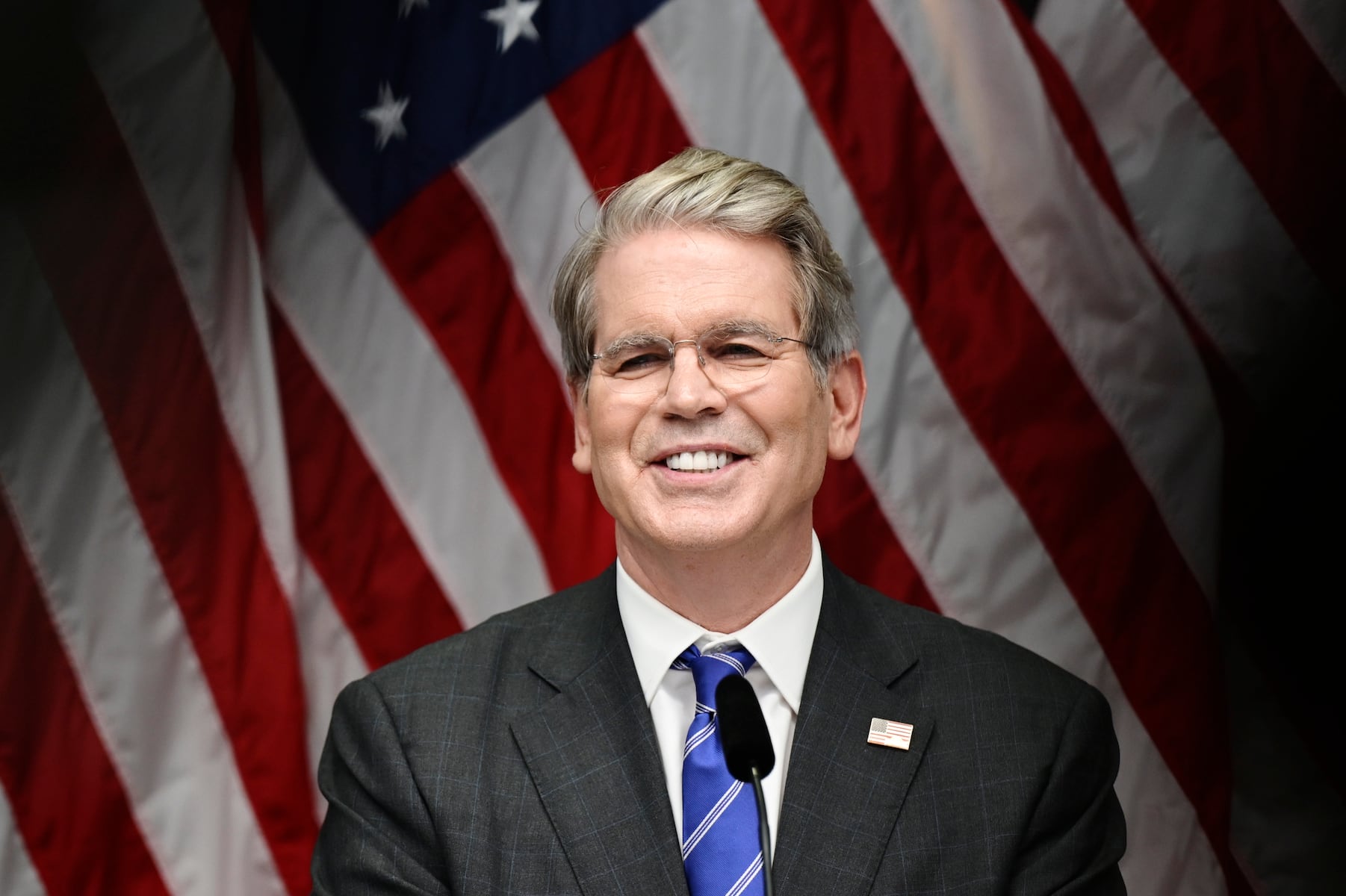Treasury Secretary Scott Bessent recently ignited a fierce national discussion with a surprising comment suggesting new “Trump Accounts” could be a “back door to privatizing Social Security,” a remark he swiftly clarified as intended to offer “additive benefits” to the nation’s vital retirement system. This immediate walk-back highlights the profound political sensitivity surrounding any proposed changes to Social Security, a program millions of Americans rely on for their financial security in older age.
The controversial statement by Treasury Secretary Scott Bessent, delivered at a forum and later elaborated on social media, quickly stirred political waters, particularly given President Donald Trump’s repeated assurances on the campaign trail that he would never “touch Social Security.” Bessent later explained that the accounts were designed to “supplement the sanctity of Social Security’s guaranteed payments,” emphasizing a commitment to both protecting the program and enhancing seniors’ financial well-being.
Democratic leaders were quick to seize on Bessent’s initial comment, with Senate Democratic leader Chuck Schumer branding it a “stunning admission” that exposed the administration’s true intentions to privatize Social Security. This strong reaction underscores the deep-seated political divide and public apprehension associated with any proposals that could alter the fundamental structure of the federal program, making the debate around Social Security privatization a recurring flashpoint in American politics.
The concept of privatizing Social Security has a contentious history in the United States, famously attempted and subsequently abandoned by the George W. Bush administration over two decades ago due to overwhelming political opposition. Democrats effectively capitalized on these proposals during the 2006 midterms, warning of the potential decimation of the program and ultimately regaining control of Congress, illustrating the significant electoral risk associated with such reform efforts.
The “Trump Accounts,” described as similar to individual retirement accounts (IRAs), feature a post-tax contribution limit of $5,000 annually and are intended to grow over time, becoming accessible for distribution in adulthood. The Treasury Department subsequently issued a formal statement, clarifying that these accounts are an “additive government program” working “in conjunction with Social Security to broaden and increase the savings and wealth of Americans,” reiterating that Social Security itself remains a “critical safety net.”
The Democratic National Committee, through spokesperson Tim Hogan, asserted that Secretary Bessent had “just said the quiet part out loud,” accusing the Trump administration of “scheming to privatize Social Security.” This narrative reinforces the ongoing political battle lines drawn around the program, with opposition parties frequently leveraging any perceived threats to Social Security to rally their base and criticize presidential economic policy.
Underlying the immediate political skirmish is the long-term fiscal challenge facing Social Security. According to the program’s most recent trustee report, its trust funds, which cover old age and disability recipients, are projected to be unable to pay full benefits starting in 2034, adding a layer of urgency and complexity to discussions about the program’s future and the need for sustainable retirement savings solutions.
Throughout his 2024 presidential campaign, Donald Trump consistently vowed to “always protect Social Security,” often accusing his Democratic rivals, President Joe Biden and Vice President Kamala Harris, of intending to harm the program. He also targeted other Republicans during the primary who had expressed support for potentially raising the eligibility age, cementing his image as a defender of the existing Social Security framework against any major alterations, despite his Treasury Secretary’s comments about Trump Accounts.
Even Social Security Administration Commissioner Frank Bisignano, a former Wall Street executive, stated at his confirmation hearing in March that he had “never heard a word of it” regarding privatization and had “never thought about it,” further highlighting the sensitive and often contradictory public discourse surrounding the potential for any form of Social Security reform and the evolving landscape of economic policy under different administrations.






Leave a Reply